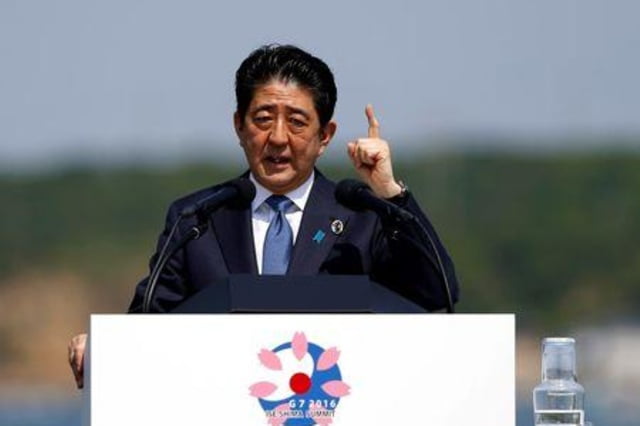German business morale rose far more than expected in September, reaching its highest level in more than two years, a survey showed on Monday, signaling that executives had brushed off concerns about Brexit that had weighed on their mood last month.
The Munich-based Ifo economic institute said its business climate index, based on a monthly survey of 7,000 firms, rose to 109.5 from an upwardly revised 106.3 in August, the biggest monthly increase since July 2010.
“Companies are clearly more optimistic about the months ahead. They are also more satisfied with their current business situation,” Ifo head Clemens Fuest said in a statement. “The German economy is expecting a golden autumn”.
A separate index measuring corporate expectations in Europe’s biggest economy over a six-month horizon rose to 104.5. This was the highest reading since November 2015, suggesting many firms were not expecting economic headwinds.
“The Brexit shock has been digested for now,” said Ifo economist Klaus Wohlrabe, adding that German executives appear to have overcome the “small amount of uncertainty” created by Britain’s decision in June to leave the European Union.
A breakdown of the headline figure showed that sentiment had improved significantly in construction, manufacturing, wholesaling and retailing.
The economy has been driven by rising state spending linked to the influx of a record number of migrants last year, higher private consumption and a flourishing construction sector – all supported by record low interest rates.
However, industrial production fell the most in 23 months in July while exports unexpectedly posted their steepest drop in nearly a year, adding to evidence that manufacturing is losing momentum as overseas demand, particularly from Asia, wanes.
So Monday’s Ifo figures were a positive surprise for economists.
“All in all, disappointing hard data in July and falling soft data since the Brexit vote had provided further evidence that the German economy was losing momentum,” ING economist Carsten Brzeski said.
“Today’s Ifo index suggests that at least the Brexit fears have disappeared as quickly as they had emerged,” he added.
Economists say that in the longer term Germany cannot continue relying on domestic consumption and construction for growth and both structural reforms and investments are needed to foster a new economic cycle.
“Whether the strong (Ifo) reading is the start of another golden economic Fall or just a flash in the pan is too early to tell,” said Brzeski.
The German economy grew 0.4 percent on the quarter between April and June. Regarding third-quarter growth, Ifo economist Wohlrabe said the economy remained on a solid footing though he added that growth in the second half of the year would be slightly weaker than in the first half.
“In all, we doubt that growth will be as strong as the Ifo now suggests,” said Capital Economics economist Jennifer McKeown.
“But it does suggest that the German economy will continue to outperform its peers and reduces concerns raised by the latest hard data that growth could be grinding to a halt.”
[Source:-Reuters]



